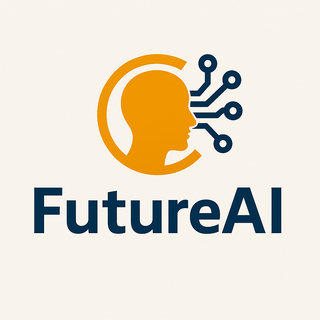6️⃣ AI and Space Exploration: Can AI Take Us to Other Planets? 🚀
Artificial Intelligence (AI) is playing a crucial role in space exploration, helping scientists navigate, analyze data, and even explore distant planets. AI is not just a tool; it is becoming an essential partner in humanity’s quest to explore the universe.
🔹 1. How AI is Used in Space Missions
AI is already helping space agencies like NASA, SpaceX, and ESA in multiple ways:
✅ Autonomous Spacecraft Navigation – AI-powered systems help spacecraft adjust their routes without waiting for commands from Earth.
✅ Analyzing Space Data – AI processes enormous amounts of space data faster than humans.
✅ Predicting System Failures – AI monitors spacecraft health and predicts mechanical failures before they happen.
✅ Finding New Planets – AI analyzes telescope data to detect exoplanets that could support life.
🔹 Example: NASA’s Perseverance Rover on Mars uses AI to navigate the surface without human intervention, making exploration faster and safer.
🔹 2. AI-Assisted Astronauts: Robotic Partners in Space
AI-powered robots and assistants can help astronauts with:
✅ Performing Routine Tasks – AI robots handle maintenance and experiments so astronauts can focus on critical tasks.
✅ Medical Assistance – AI can diagnose health issues and suggest treatments in space.
✅ Mental Support – AI chatbots can provide psychological support to astronauts on long missions.
🔹 Example: CIMON (Crew Interactive Mobile Companion), an AI robot developed by IBM and Airbus, helps astronauts aboard the International Space Station (ISS) by responding to voice commands and assisting with tasks.
🔹 3. AI and the Search for Extraterrestrial Life
AI helps in scanning space for signs of alien life by:
✅ Analyzing Radio Signals – AI filters signals from distant planets to detect possible extraterrestrial messages.
✅ Detecting Bio-signatures – AI examines planetary atmospheres to look for signs of life (like oxygen, water, and organic molecules).
🔹 Example: AI helped scientists identify exoplanets (planets outside our solar system) by analyzing data from the Kepler Space Telescope.
🔹 4. AI in Space Colonization: Can AI Help Humans Live on Mars?
If humans want to colonize Mars, AI will be essential for:
✅ Building AI-Powered Robots – Machines will construct habitats before humans arrive.
✅ Growing Food in Space – AI-controlled farming could provide fresh food for astronauts.
✅ Managing Life Support Systems – AI will monitor oxygen, water, and temperature levels to keep humans safe.
🔹 Example: SpaceX is developing AI-powered technology to make Mars missions more efficient and sustainable.
🚀 Conclusion: AI is the Key to Humanity’s Future in Space
AI is not just helping us explore space—it is becoming a critical tool for future space travel and colonization. As AI continues to advance, it may one day lead missions to distant galaxies, making human space travel safer and more efficient.



Post a Comment
0Comments